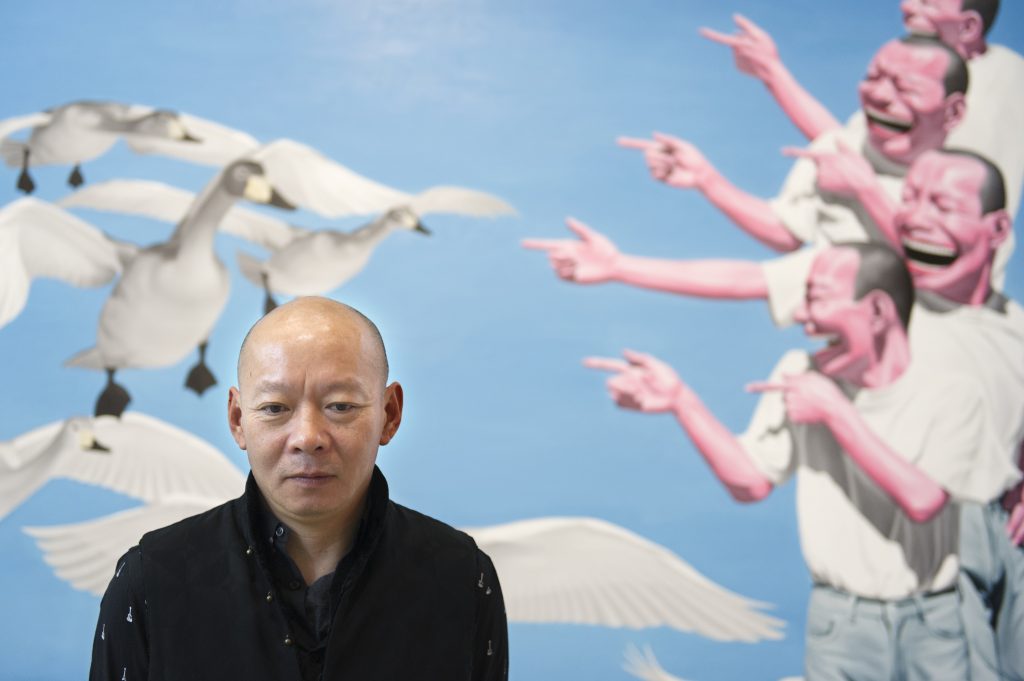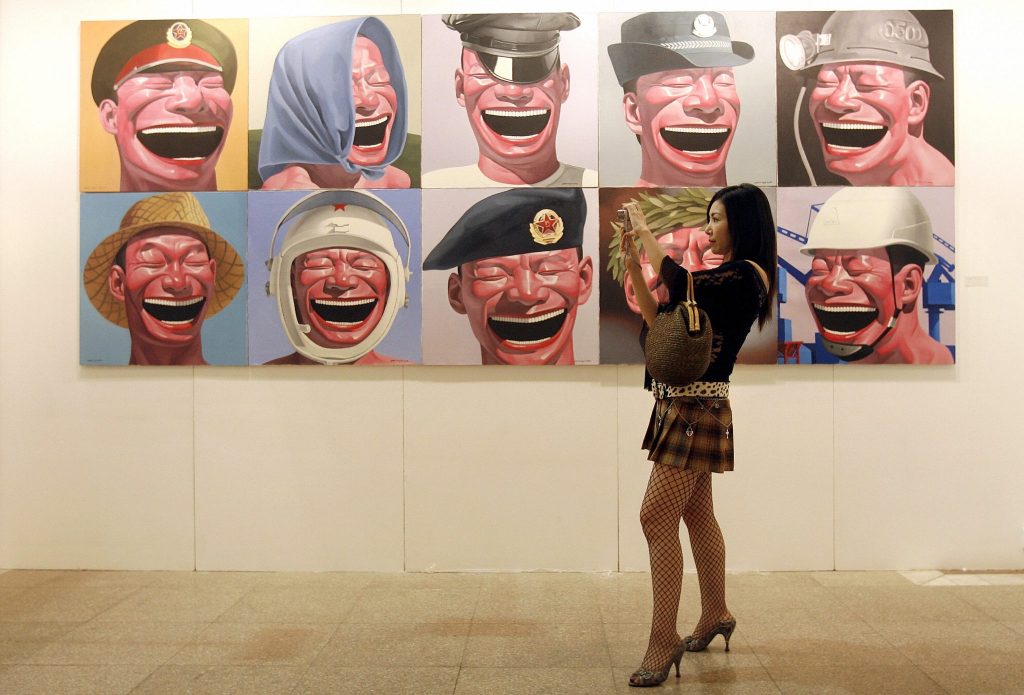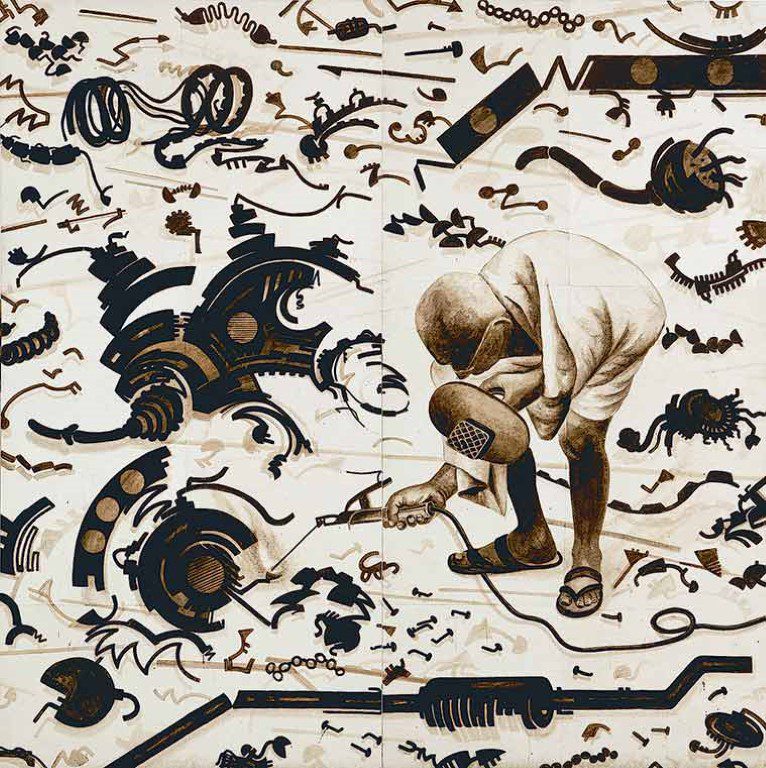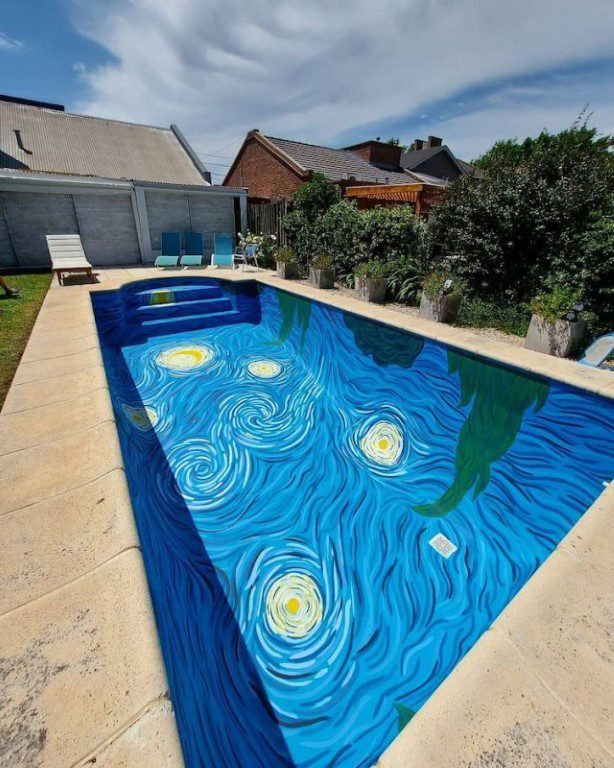With his famous “laughing man” paintings, well-known Chinese artist Yue Minjun has been the newest target of nationalistic online influencers and netizens in China, who claim he has insulted the nation and tarnished the image of the army.
Tweets and comments condemning the 61-year-old Beijing-based artist, one of China’s most prominent contemporary painters, began to emerge on social media platforms Weibo, WeChat, and Douyin (TikTok in China) this week after a local think tank named Kun Lun Ce Institute republished a 2021 essay on its official WeChat account that criticised the artist’s works for insulting the People’s Liberation Army (PLA), China’s military force. Images of what are thought to be Yue’s works associated with the PLA that were posted on Weibo, China’s version of Twitter, as of Friday, May 26, appear to have been blocked.

Courtesy: Artnet news
Recent assaults on Yue seem to be part of a pattern of crackdowns and censorships of humour and satire this month across China, including in Hong Kong, of voices deemed offensive to the authorities, notably the PLA.
After one of its performances was accused of “harming society” with a joke about the military, Shanghai Xiaoguo Culture Media Co. was fined 13.35 million yuan ($1.9 million) and had its 1.35 million yuan ($191,270) in “illegal gains” confiscated on May 17.
Nigel Ng, a comedian of Malaysian descent who goes by the stage name Uncle Roger, was banned from China’s social media this week after making jokes about the nation in one of his recent shows. The renowned political cartoonist Wong Kei-kwan, well known by his artist name Zunzi, had a comic strip column in the Hong Kong newspaper Ming Pao that was terminated last week after 40 years of publication.
Source: Artnet news





